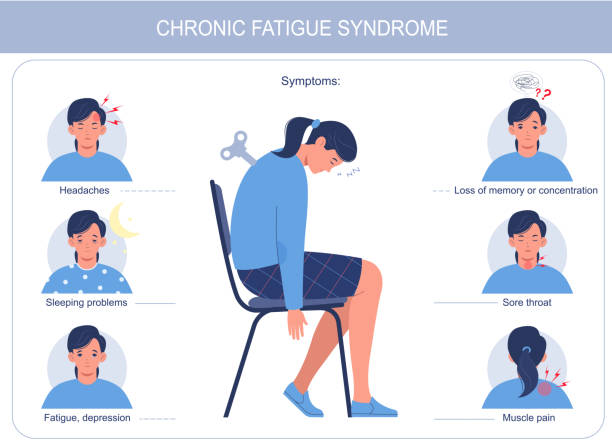How Do You Know If You Have CFS?
The CDC has outlined a few key criteria for diagnosing CFS:
- Unexplained fatigue lasting more than six months that doesn’t improve with rest.
- Four or more additional symptoms, such as:

- Difficulty concentrating or memory loss
- Sore throat, swollen lymph nodes
- Muscle or joint pain
- Sleep problems or feeling exhausted after sleeping
- Worsening fatigue after physical or mental exertion
If you recognize several of these symptoms and they’ve been going on for months, it’s a good idea to talk to a healthcare professional. While CFS isn’t easy to diagnose, ruling it out can help you understand why you’re feeling constantly drained.
Why You Shouldn’t Ignore Your Fatigue
It’s tempting to chalk up persistent tiredness to a busy lifestyle, but ignoring it could lead to serious health consequences. Left unchecked, chronic fatigue can worsen, affecting not just your physical health but also your mental well-being. Cognitive issues, depression, and anxiety are common in people with untreated CFS.





